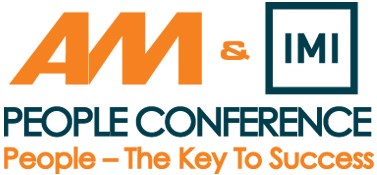Delegates at the AM and Institute of the Motor Industry (IMI) People Conference gain new insight into the apprenticeship levy and compliance.
The conference, due to take place on September 19 at Towcester's Whittlebury Hall, will provide dealers with advice on how to adapt to, and embrace, the recent changes to apprenticeship legislation.
The overriding theme at this year’s event is attracting high calibre candidates, retaining talent and personal training and development.
The automotive retail sector is a large employer of apprenticeships with the IMI putting the figure at around 18,000 at any one time.
The apprenticeship levy, which came into effect in April, means businesses with payroll costs in excess of £3 million a year must pay 0.5% of their payroll bill in the form of the levy minus a £15,000 allowance.
Businesses with payroll bills below that figure only have to contribute 10% of the cost of an apprenticeship.
IMI's head of quality and assessment Mark Armitage said: “There are a number of issues which dealers need to consider, which is also down to simple geography.
"Scottish and Welsh employers have to pay into the levy, but the different way respective devolved governments facilitate accessing the funds means the money paid in will currently only be accessed by English employers.
"There are a number of very large dealer groups in both countries but particularly Scotland which will be affected."
Armitage added: “We already know there are 11,000 employers which have yet to register to access the funds.
"The figure is across all sectors but we know there are many in automotive which have yet to register.
"We have worked very closely with the sector and there are some groups which are very well prepared and there are others which are waiting to take the lead from manufacturer academies, but time is of the essence.
“Once you factor in that companies can only access their funds if they engage with approved apprenticeship frameworks along with the new apprenticeship standards and the picture becomes even more complex.”
New apprenticeship standards place more responsibility on the employer with engagement a key element of the framework. In the past qualifying the apprentice fell squarely on the shoulders of training providers, now employers need to be involved in the process and take a more pronounced and audited mentoring role.
“We think this is a positive move because training and qualifying an apprentice should be a three-pronged relationship between the training provider, the apprentice and the employer," said Armitage.
"Many groups already have this set up in place and for them it will just be a question of tweaking current practice to comply, but for others, their approach will need extensively revising.”















Login to comment
Comments
No comments have been made yet.